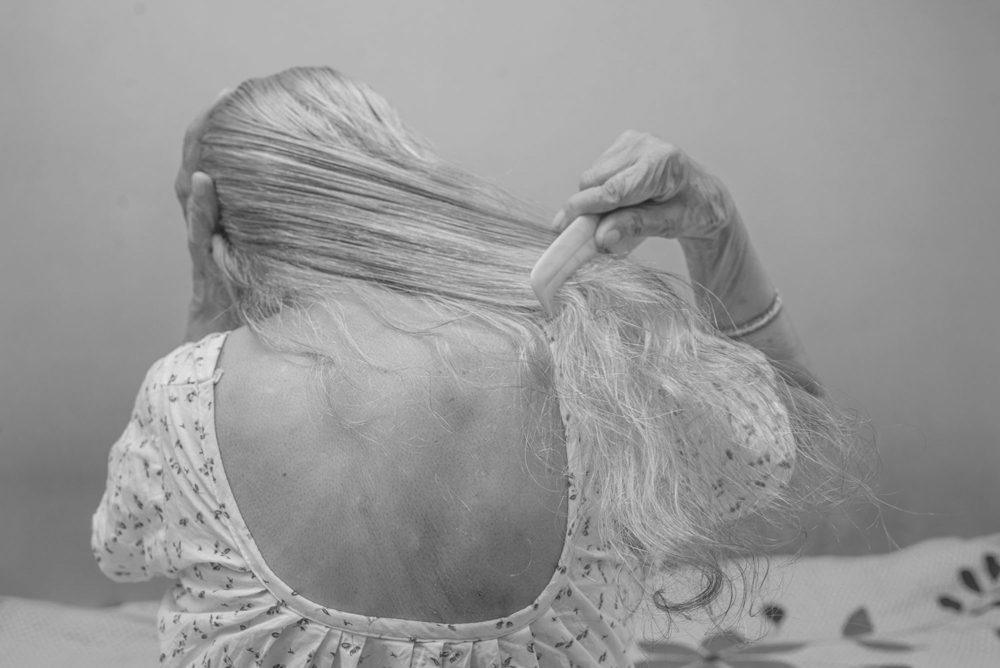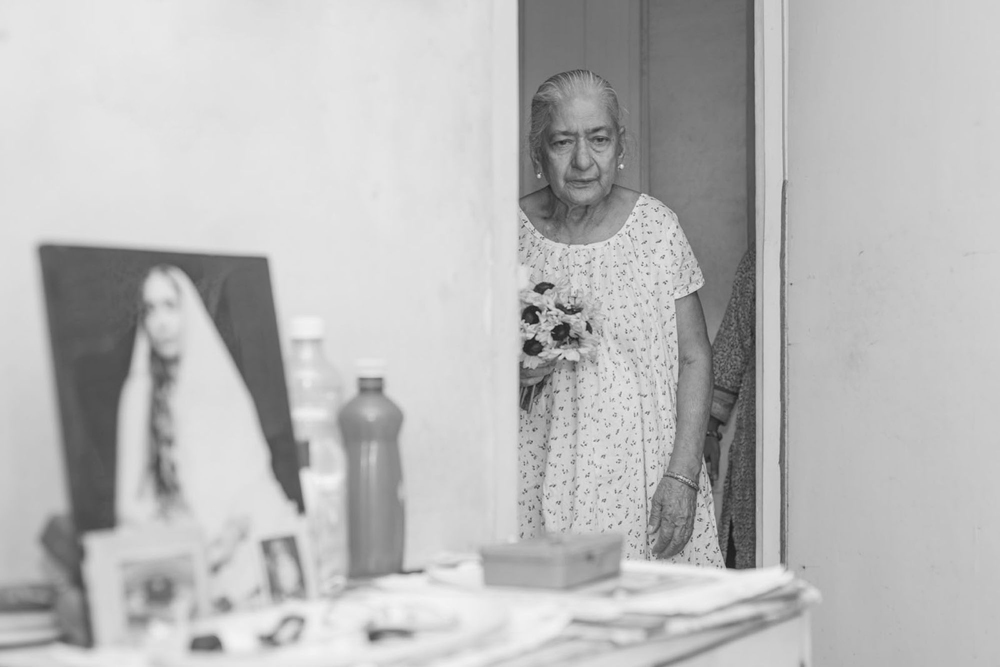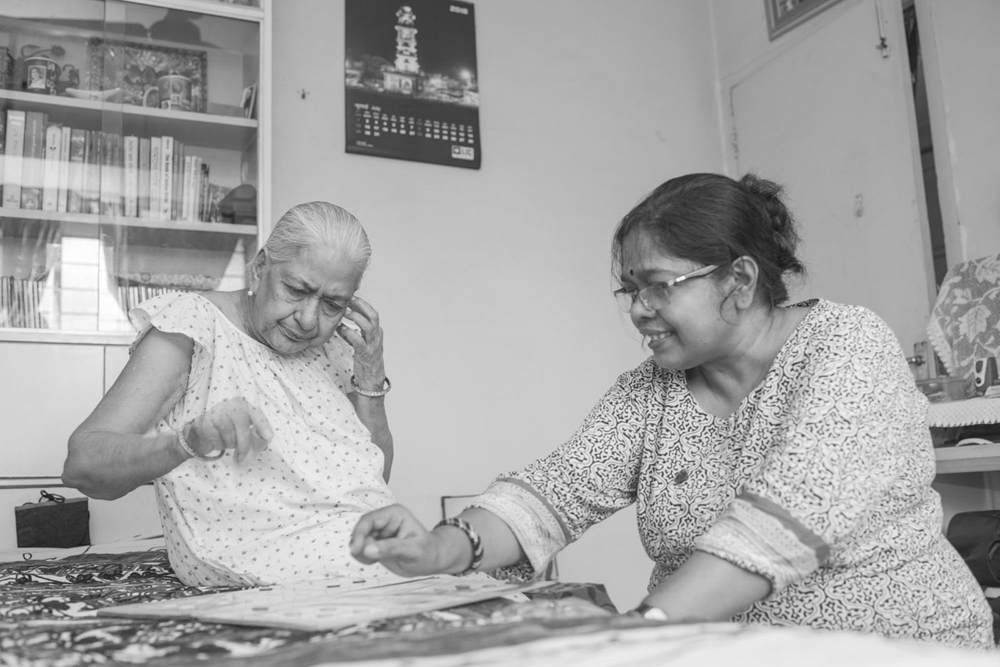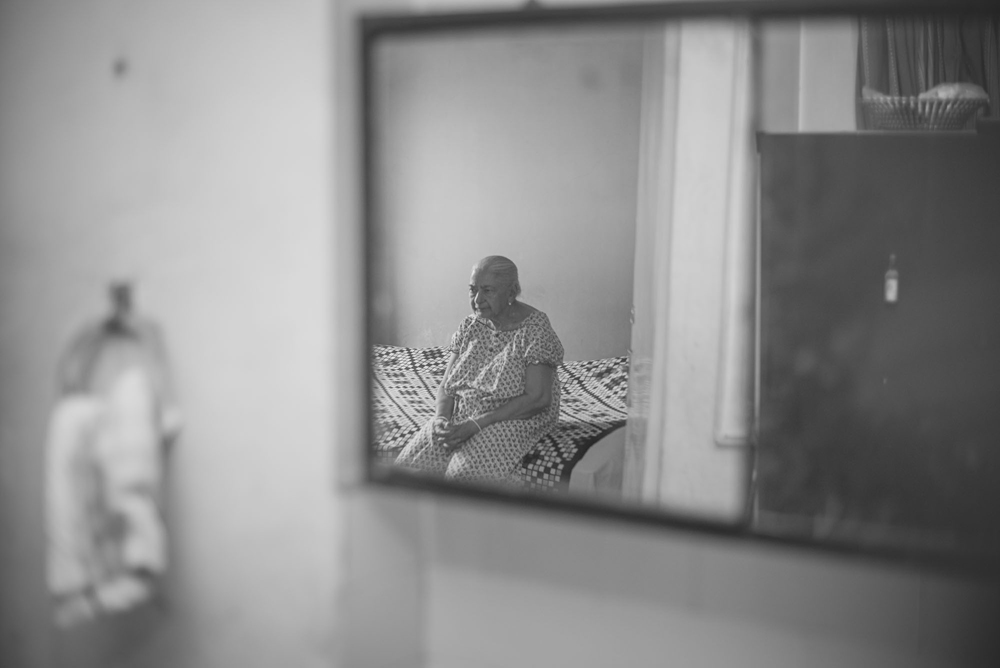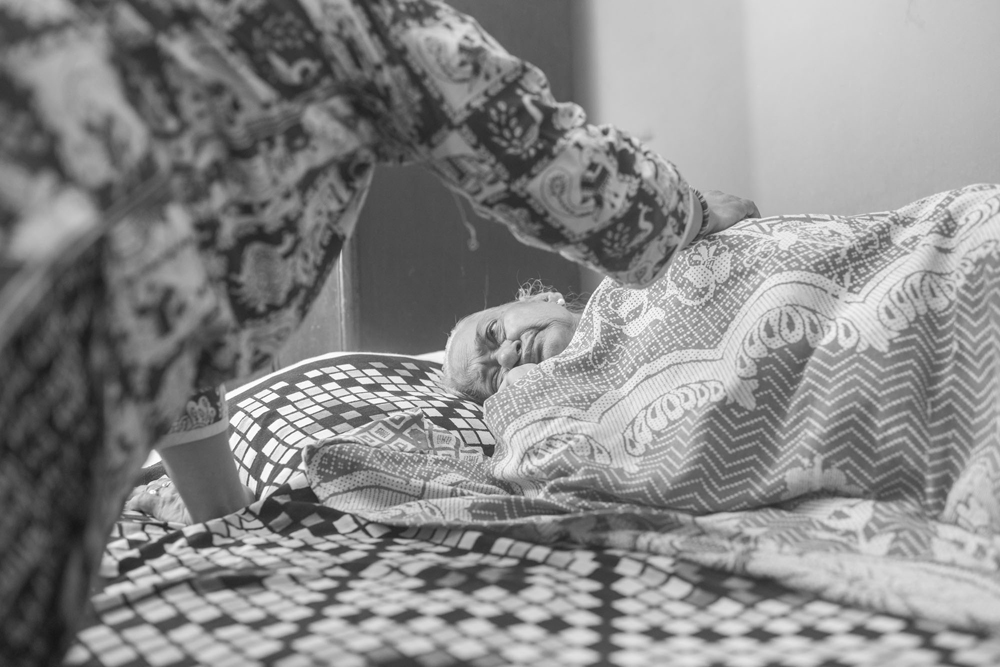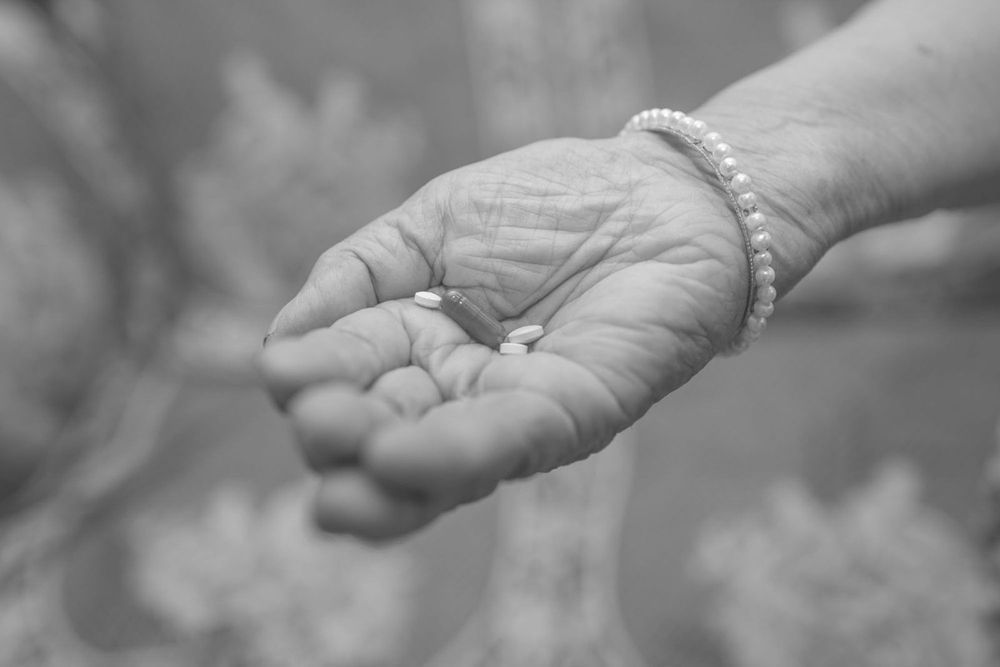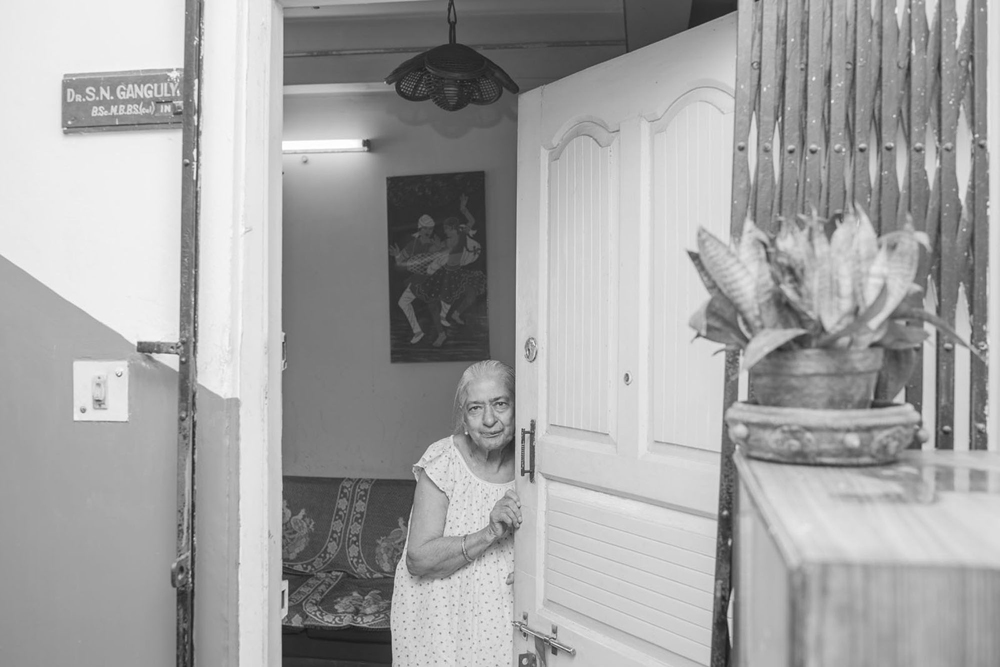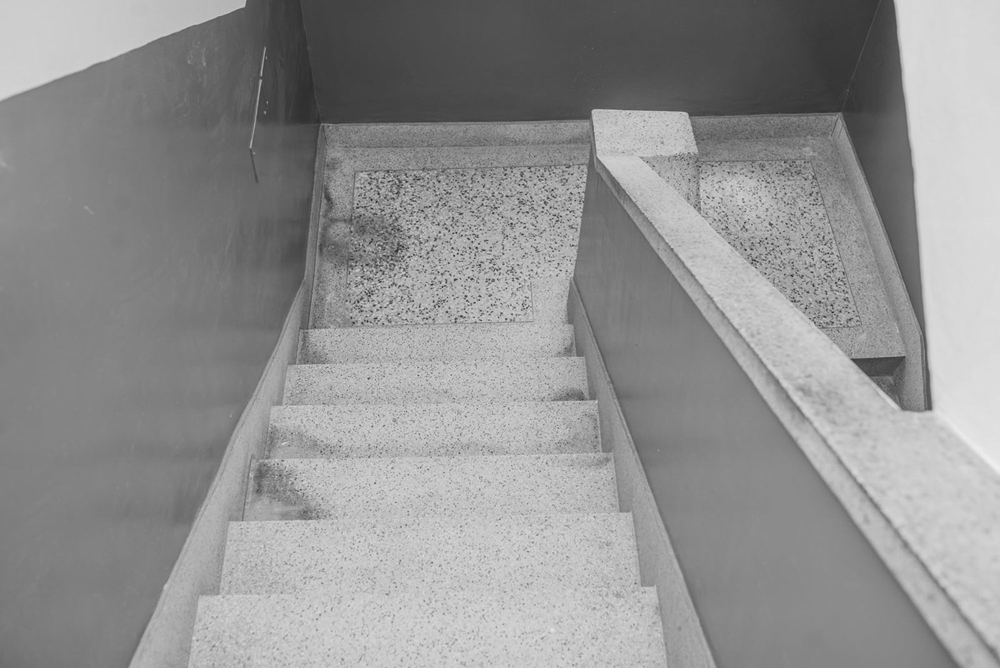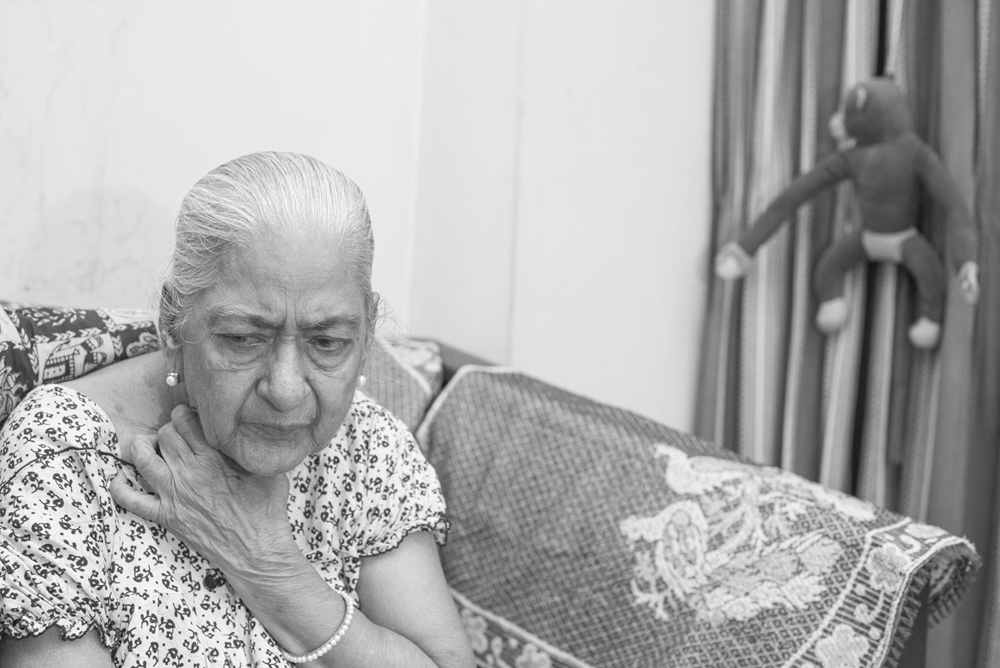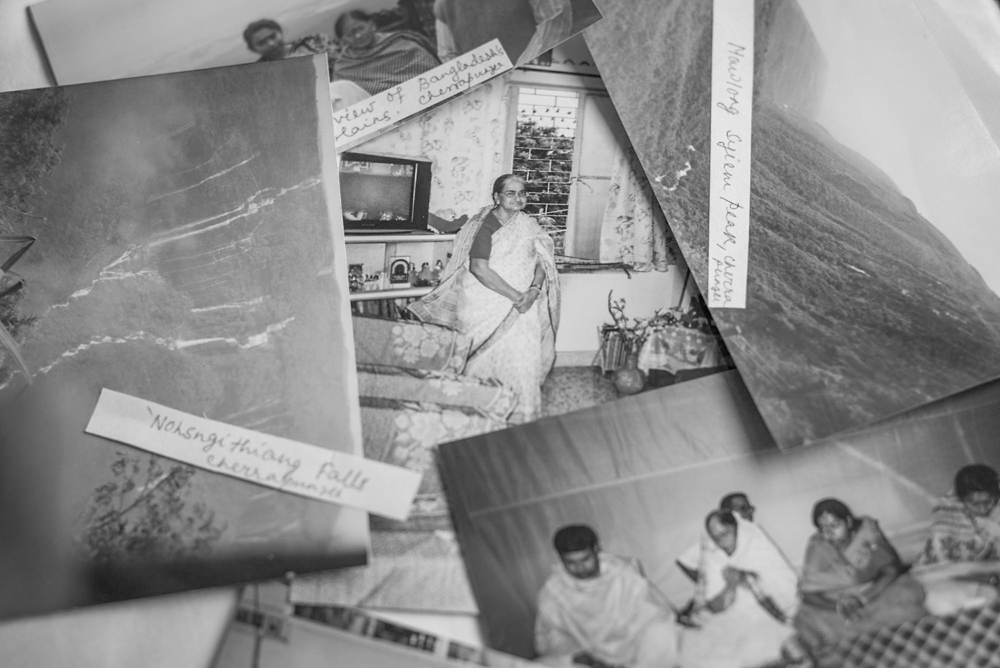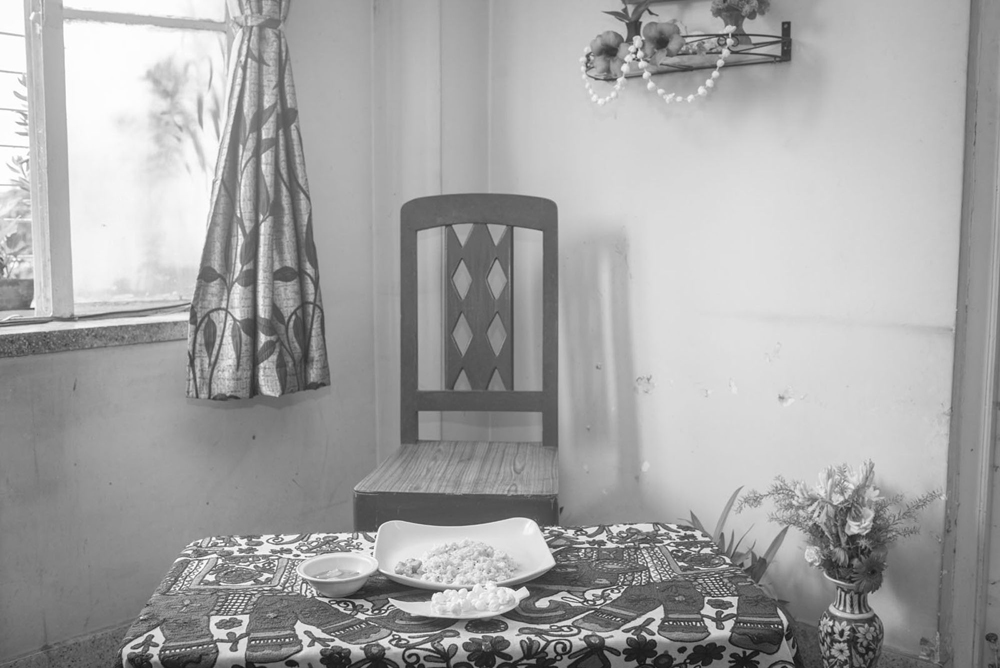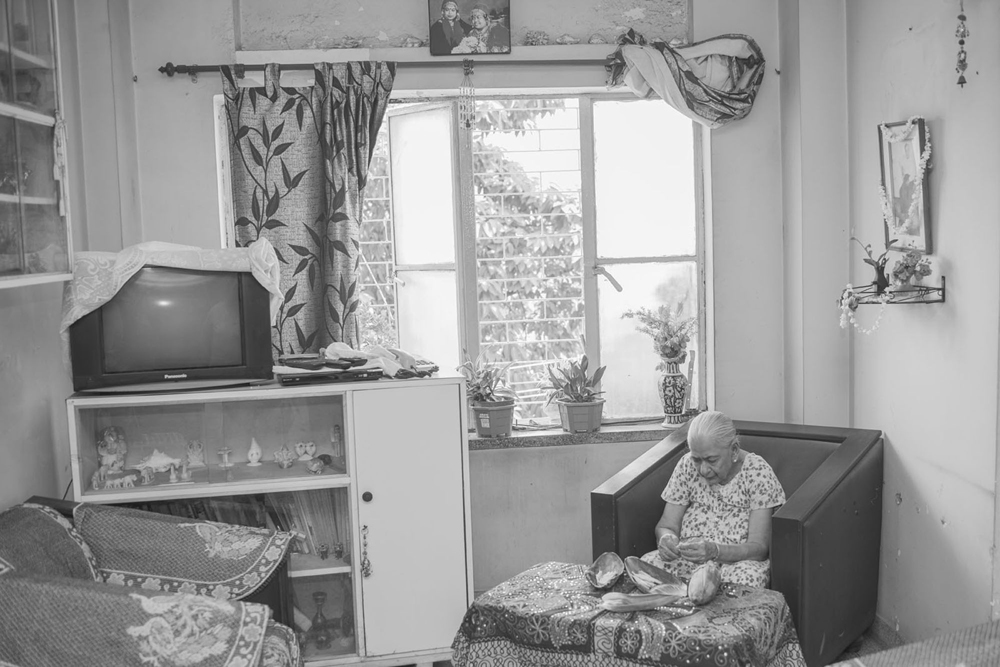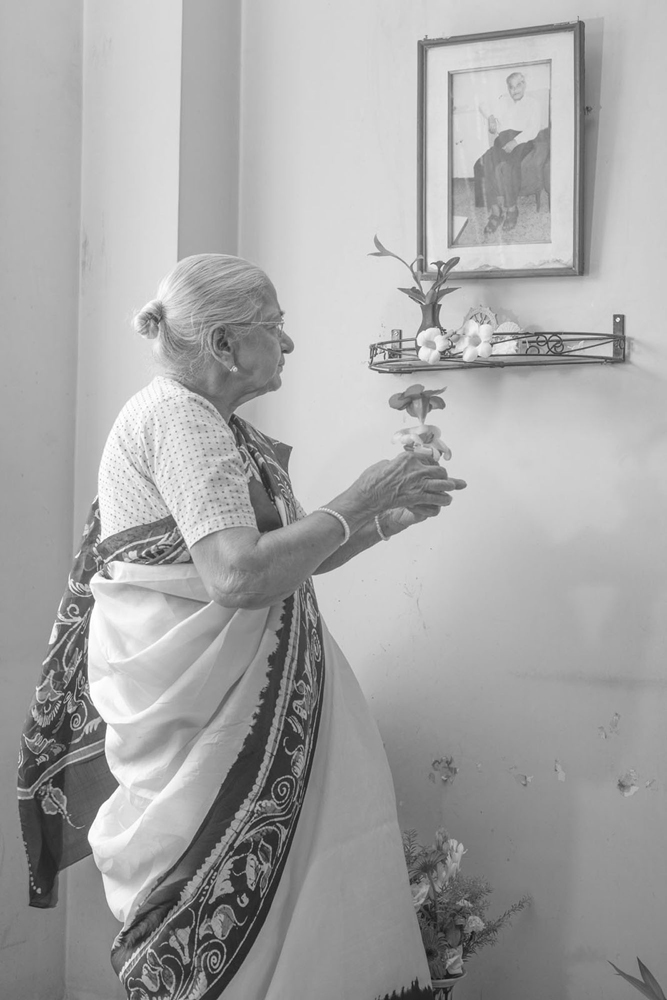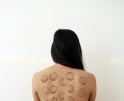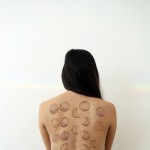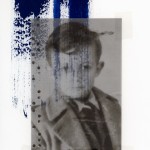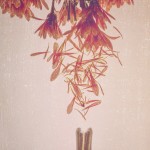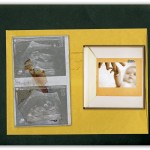Memory/Loss Series: Hadi Uddin: Mohamaya
Welcome to the third feature of our Memory/Loss series, showcasing photographers who explore themes related to family, grief, aging, and caregiving. Many of the artists grapple with Alzheimer’s disease, in particular, using their cameras to tell intimately personal stories of their loved ones as their memories fade. The CDC estimates that in the United States alone, 5.8 million people will be affected with Alzheimer’s and other related dementias. That’s about 1 in 9 people, making it a tragically common experience for so many families. Moreover, because the disease is genetic and there is no known cure, many wonder if their genes hold the same fate. This collective of photographers from across the globe shed light on the reality of this terrible disease and the memories and loss associated with memory loss.
This series is organized by Hannah Latham in collaboration with Aline Smithson. Latham completed her thesis, Bring Me A Dream, at Rhode Island School of Design, which focuses on the tragic decline of her paternal grandparents. Inspired by her grandmother’s experience with Alzheimer’s, Memory/Loss features a series of photographers exploring similar themes.
Visit the Alzheimer’s Association’s resources to learn more about the causes, treatments, and how to help.
I first learned of Hadi Uddin’s work through the Bob and Diane Fund, having been awarded a scholarship for his series Mohamaya in 2018. What stuck with me was how he talked about the experience of taking care of his mother and how we need to bring more awareness to Alzheimer’s disease. The caregiving roles are often reversed compared to a typical parent and child dynamic. “It felt like raising the child I never had,” Uddin reflects. His black and white photographs depict quiet everyday moments, focusing on how his mother has changed. I see her portraits and recognize the all too familiar lost look in her eyes.
Being a studio photographer’s son is Hadi Uddin’s source of inspiration for photography. His father taught the fundamentals of the traditional printing process and photography, and he carried that knowledge with him to the Pathshala South Asian Media Institute, where he studied professional photography. Although he began his career as a fashion photographer, his current work focuses on the documentary and historical archives of Bangladeshi images produced in his father’s studio in the suburbs of Jashore. His current focus is on the recording and investigation of Bangladeshi local communities and environmental aspects of people’s lives.
Follow Hadi Uddin on Instagram: @hadiuddin
MOHAMAYA
It was the summer 2009 when my mother was diagnosed with Alzheimer’s. I was working as a teacher then. In retrospect, I remember that she had started showing symptoms from earlier times. Symptoms which we had overlooked. She forgot where she had kept her glasses or the book that she was reading. Perhaps, it started after the death of my father. Over the years her conditions deteriorated. It was once when she fell down in her room and broke her arm, that we suspected something was seriously wrong with her. The woman who was once self-sufficient and independent showed no resemblance to her previous self.
Our doctor had advised us to take her to ARDSI, an organization working with Alzheimer’s patients. With tremendous help from the institution we engaged her in therapy. Therapy which included writing, reading and singing. I had to quit my work and decided to devote my time to her. My mother, who had taken the responsibility of raising her children was to be taken care of by us now. It felt like raising the child I never had. It took us a great deal of patience and understanding to enter her world. We often go out on walks and she thoroughly enjoys visiting the same poolside every day without any recollection of visiting it before. The joy of seeing the pool everyday fills her up, to her it is like a new discovery which she makes every day of the year.
It funny how an old photograph fades over time. Every time she see’s the portrait of her late husband, hanging in a frame, she can’t recollect the individual. The memory of her earlier life with her husband is fading is her memory. Often, she tries talking to the mirror, perhaps in a hope of getting some answers. The past had faded, the memory of the past has also faded but what remains is the grit and resilience of a strong woman in her late 80s.
Tell me about your coming of age and what brought you to photography?
I am from Bangladesh. Jessore is my hometown, and I do my professional work in Dhaka, the two cities that I have lived in. My father’s photo studio in Jessore, where I grew up, and Pathshala South Asian Media Institute in Dhaka, where I did a course on photography are the two places that have inspired me.
What does your photographic practice look like, and what brought you to this subject matter?
My practice, actually I am always curious with my content and my visual aesthetic and I consciously and intentionally on purpose want to break another way.
What have you learned throughout creating this body of work?
Every journey, I have learned and still I am thinking what I did what could I do. Worldwide, at least 50 million people are believed to be living with Alzheimer’s diseases or other dementia – July 14, 2021 (source- Google). I think we need to care and spend more time with aged people. We need to break this journey together and create more social awareness.
Who are your biggest influences / what inspires you to create?
I have seen my father operating a camera since I can remember: he undoubtedly has had the most significant influence on my photography.
What is next?
I need to travel for a long time.
Posts on Lenscratch may not be reproduced without the permission of the Lenscratch staff and the photographer.
Recommended
-
Nathan Bolton in Conversation with Douglas BreaultJanuary 3rd, 2026
-
Andrew Lichtenstein: This Short Life: Photojournalism as Resistance and ConcernDecember 21st, 2025
-
Martin Stranka: All My StrangersDecember 14th, 2025
-
Interview with Maja Daniels: Gertrud, Natural Phenomena, and Alternative TimelinesNovember 16th, 2025

